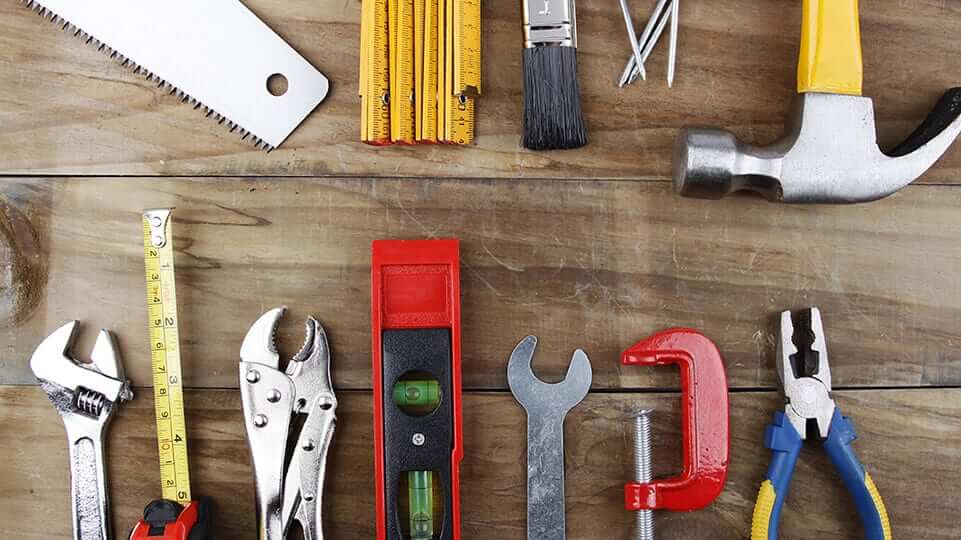
You're a first time homeowner, and you’re ecstatic. The paperwork has been signed, the movers have been scheduled, and now you’re packing boxes. As the sentimental emotions flood in, you forget there’s so much to be done.
While there’s a lot of great tips for making your first home purchase go smoothly, you might not be thinking about what you can do to make your life easier once you've made the purchase of a lifetime.
When you’re deciding which rug to put in which room and making loads of life transitions, it helps to let professionals take some things off your plate.
EXTERMINATE THE BUGS
Bugs can be a pesky nuisance. Additionally, they can have harmful effects on your health and become a safety hazard in your home. When you’re purchasing your first home, bug control likely isn’t top of your checklist. But there’s nothing worse than coming home to bug infestation. Taking a proactive approach is key.
If you have kids or pets, bugs can easily enter your home. For basic maintenance, keep an effective repellent within arms’ reach. Be sure to spray all primary contact points before your kids or pets come back from their outdoor adventures.
When looking for a great insect-killing spray, the five top home defense brands are as follows:
You can get all of the above brands for a reasonable price on Amazon. Be sure to read through the usage directions for your best home bug barrier.
HEATING, VENTILATION, AND AIR CONDITIONING
You can follow these home heating tips to stay warm, but you can avoid costly HVAC repairs by having a regular maintenance plan in place. Several maintenance companies will offer routine checkups for your heating and cooling systems. Some offer general services for as cheaply as $13 a month and will even diagnose potential problems.
Stay ahead of the game by setting up a recurring game plan. Check to see which types of HVAC system the new home has installed. It’s likely one of these major types: furnace, central air conditioner, boiler, heat pump, mini-split system or evaporative cooler.
SCHEDULE THOROUGH CLEANING
Whether it’s your new home or your previous residence, home transitions always require extensive cleaning. With piles of paperwork, purchases and decisions to make, you’ll likely put off cleaning to the last minute. Save the stress and headache by calling in a professional service instead.
MAINTAIN YOUR ROOF
Unnoticed roof issues can add up to some serious additional expenses. Avoid these budget-blowing repairs by spending just a few minutes every six months to closely inspect your roof. Also, be sure to read your homeowners insurance carefully to understand roof damage policies.
As the seasons change, weather effects make gutter cleaning crucial. During the spring and fall, it’s good to set aside time for the gutters. While you’re up there, check out the roof. Here are some primary things to look for:
Any of these problems will only get worse if left unexamined. Additionally, if you ever notice potential leaks or dark spots on the ceiling, take action immediately.
Roof maintenance is one of the most commonly forgotten new home tasks. Take the time to learn your new home’s needs to avoid costly, unwanted home repairs later on.